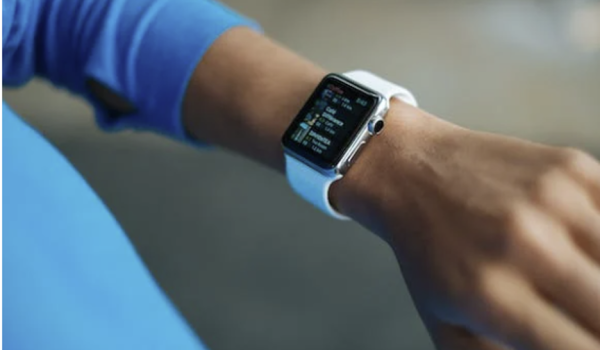So you finished your interview process, and you’re waiting for an answer from your recruiter, but he sends you a personality test instead. What does that even mean? Here’s my take on it.
A friend of mine applied for a job position a few weeks ago, and according to her, the interview went very smoothly. She got to basically share her skills, and her experience, and she even received positive feedback from her potential employers. Just when she thought she had the job on her sleeve, in the next phase of the recruiting process she received a personality test. The employer told her that they want to get to know her better, which really got me thinking about the nature of this recruitment process.
How real are the results of this personality test? How do you know if your candidate will respond to the questions in what he or she really means? Will the candidate maybe try to fill all the ‘correct’ answers that go along with the perfect corporate working profile? If the candidate decides to be fully themself and notes down that they’re rather introverted does this penalize the person who is applying for the job, although they may be highly productive?
Many questions arose as I watched my friend panic over the test wondering just the same, “Do I fill it in by simply being myself, or who they want me to be?”
Is It Even Legal?
And then I started conducting some research. Turns out there are many people who think the same, that the personality tests, despite some very small benefits, can in fact form the basis of discriminatory claims and are against the law.
For example, as Valent group found, some individuals have successfully sued employers on the grounds that their personality tests discriminated against individuals with mental illnesses and violated the Americans with Disabilities Act (ADA). According to them, questions such as, “Over the course of the day, do you experience many mood changes?” could discriminate against individuals with bipolar disorder or depression, and including questions like this on your company’s personality test could open the door for future lawsuits.
Despite the legal aspect of discrimination, I also think that there are other disadvantages to personality tests. By using them to recruit people, employers may miss out on the most excellent and hard-working candidates, who simply happen to be creatives who think outside of the box and maybe have a tendency to miss some deadlines due to their overthinking. Or the personality test may not be reliable enough and the results may be flawed with calculations that don’t really reflect the personality of the person who is applying for the job.
Are Personality Tests Reliable?
I am not even sure that there is one reliable personality test at all, as human beings are very much complicated and diverse to be able to squeeze them into a certain category. I remember I even wrote about the (non) Accuracy of the Myers-Briggs test for Youth Time Magazine back in 2020. As ‘famous’ as the MBTI may be, its accuracy is widely doubted by professional academics worldwide who consider the test biased and compromised by conflicts of interest.
In any case, if employers really want to use the results of these tests, they should do it so that they can get to know their candidates after they’re already hired. Or they can use the tests to gain some insights into their workers and be able to track their career development goals in the long run. However, relying on a personality test during an entire recruitment process does not sound professional to me.
As per the fate of my friend, she is the most hard-working person I know, and her knowledge of the position she applied for made her even over-qualified, objectively speaking. Yet again, after she filled in the personality test, she never heard back from the recruiters again. This pretty much wraps it up!
Photo: Dean Drobot/Shutterstock
You might also like:
Support us!
All your donations will be used to pay the magazine’s journalists and to support the ongoing costs of maintaining the site.
Share this post
Interested in co-operating with us?
We are open to co-operation from writers and businesses alike. You can reach us on our email at [email protected]/[email protected] and we will get back to you as quick as we can.









